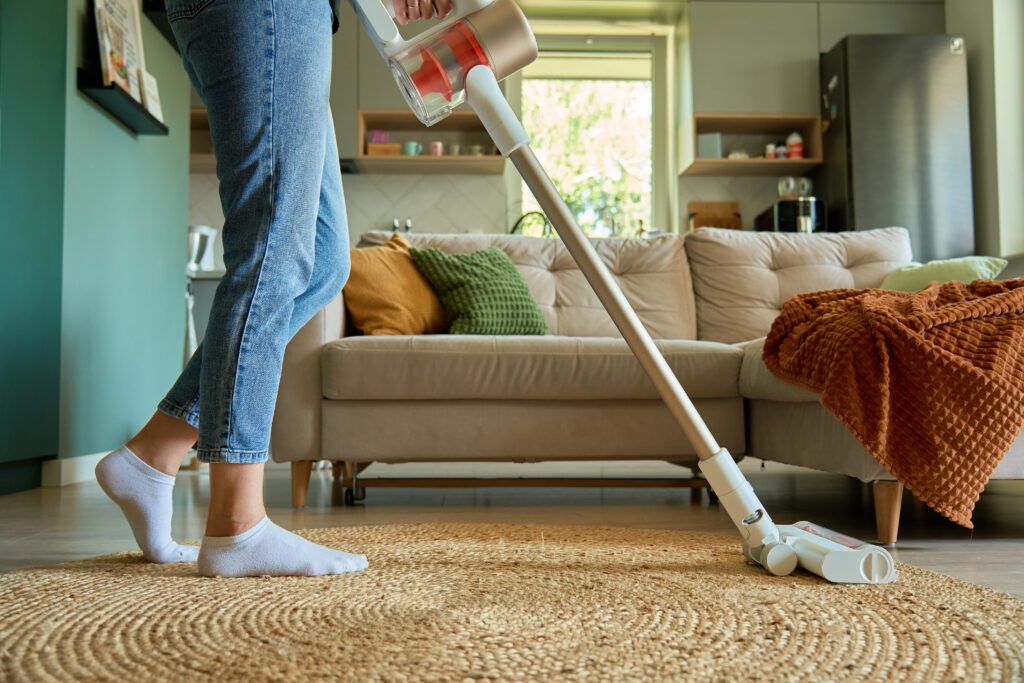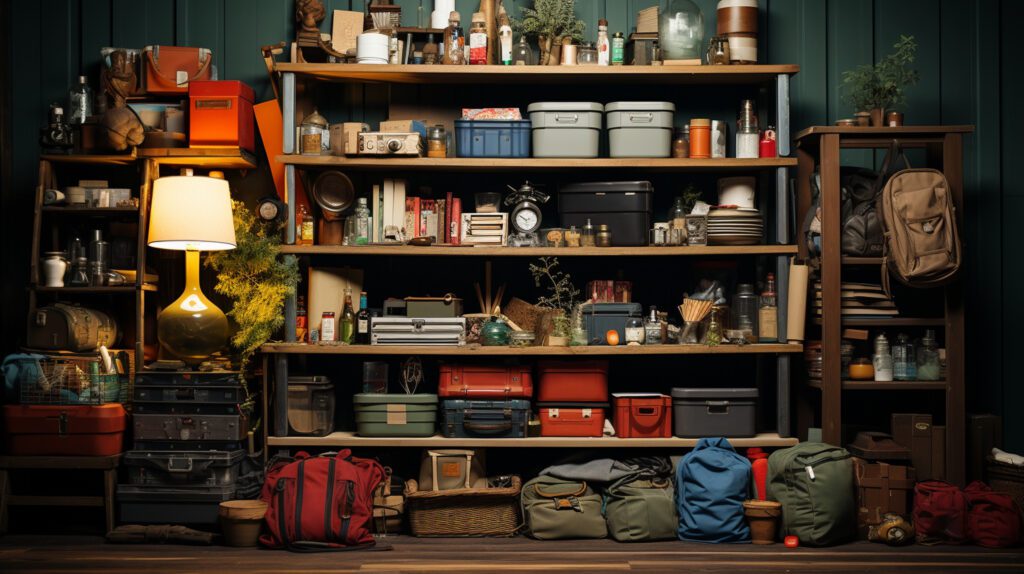
Those of us in the business are also familiar with an additional stressor that frequently lurks beneath the surface and complicates decision-making: Guilt.
Dealing With Downsizing Guilt
Grief, nostalgia, and unresolved family issues will frequently complicate the downsizing process. Feelings of guilt, responsibility, and shame are often tied to our belongings and can complicate what is already a complex effort. When there is plenty of storage space in your home, it’s easy to hold onto belongings that don’t serve a practical purpose. When you’re downsizing, you need to take a long look at the things you keep only because you’d feel bad to throw them away.
Where do the bad feelings come from? Overall, many types of feelings are not about the thing itself, but what it represents. It can be difficult to articulate the complex emotions that arise during the sorting phase of a downsizing move, but in our experience, the main drivers of the guilty feelings can be tied to:
Scarcity
This concept is very common among older generations who were raised with Depression-era attitudes that prize practicality and an aversion to waste. “What if I need this someday?” Or “It’s perfectly good!” This waste-not-want-not approach is pervasive for those who have followed it for their entire lives, and it truly does pain people deeply to see anything go to waste.
Seeing Belongings as an Investment
Those who feel guilty about not receiving a return on the money they spent to accumulate their wardrobes, home decor, recreational equipment, etc. are in more of a quandary than ever. For so many of us, we spent years outfitting our kids, improving our lifestyles, keeping current with trends, and generally accumulating ever nicer belongings and furnishings. The high-supply yet low-demand reality of today’s secondary market for household belongings can result in feelings of regret, shame, and guilt when these investments are not rewarded.
Lost Opportunities
Some people acquire supplies, housewares, equipment, and clothing that are aspirational in nature. The fondue set, the sewing machine, and the exercise bike; to release these types of belongings create a double dose of guilt. Not only can they be perceived as a waste of money (see above!), they create additional negative feelings of failure to follow through on things we wanted to do.
Family Heirlooms
We often meet with clients who are the “keepers” of family heirlooms or artifacts. Sometimes this happens deliberately, or, more frequently, because one family member is either deemed “responsible” or just happens to have enough space to store items that once belonged to those who have passed. The burden of either preserving or making final decisions about such items can create extreme feelings of guilt.
Many people’s first thought when getting rid of special family items is to pass them on to their younger generations. However, these gifts are not always well-received, and guilt can become an heirloom all its own when it comes to handing down unwanted keepsakes.
Emotional Ties
Releasing items that make us feel valued or loved can be extremely difficult. We all hold onto mementos that remind us of a particular person or a time in our lives that feels irreplaceable. It’s very common to strongly associate these items with people and attach our feelings to them. Letters, cards, gifts, clothing; almost any object can become a symbol of our worth. It can be difficult to separate the physical items from the emotions they evoke.
How to Cope With Downsizing Guilt
Overcoming guilt when you’re downsizing is a personal journey that varies greatly from person to person. Here are some pro tips to keep in mind:
- Realize that it takes courage to confront these feelings and make tough decisions about what to keep.
- It is okay to feel sad about parting with your treasured belongings. If you permit yourself to let those feelings play out, you may be able to find closure more easily.
- Embrace the responsibility of putting the past into perspective for yourself and future generations too. If you’ve reached out to your family about heirlooms and no one wants them, you can release those items guilt-free.
- Keep your eye on the prize! In a downsized home, there’s no room for unused belongings. If you keep the focus on the items that you’re keeping, it can eliminate unnecessary decision-making.
The good news is that once people get going on releasing their belongings, the process gets easier. And in our experience, people on the other side of a downsizing move are much happier to be rid of not only the stuff but the guilt too!





